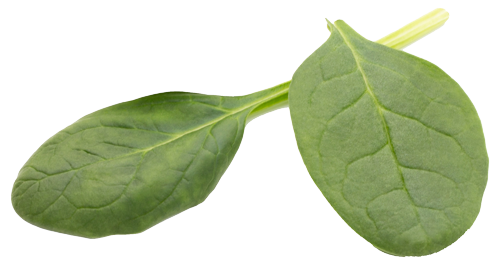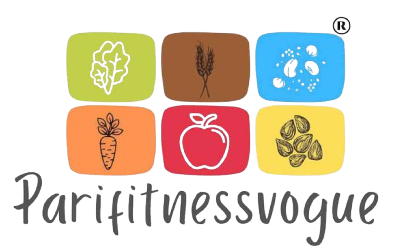- Home
- / Diet Plans
Diet Plans

What We Offer
We design Customised and health management diet plans
We provide different diet patterns:
- Detox diet
- Vegetarian
- Vegan
- Non vegetarian
- Jain diet
- Intermittent fasting
- Regular diet
- Ultra low-fat diet
- Day diet
- Low-carbohydrate diet and etc.
